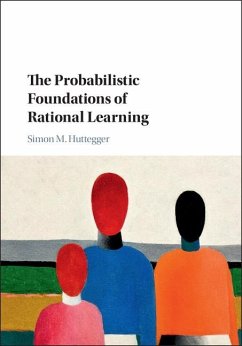
Moral Foundations of Social Institutions (eBook, ePUB)
A Philosophical Study
Versandkostenfrei!
Sofort per Download lieferbar
19,95 €
inkl. MwSt.
Weitere Ausgaben:

PAYBACK Punkte
10 °P sammeln!
In this book, Seumas Miller examines the moral foundations of contemporary social institutions. Offering an original general theory of social institutions, he posits that all social institutions exist to realize various collective ends, indeed, to produce collective goods. He analyses key concepts such as collective responsibility and institutional corruption. Miller also provides distinctive special theories of particular institutions, including governments, welfare agencies, universities, police organizations, business corporations, and communications and information technology entities. The...
In this book, Seumas Miller examines the moral foundations of contemporary social institutions. Offering an original general theory of social institutions, he posits that all social institutions exist to realize various collective ends, indeed, to produce collective goods. He analyses key concepts such as collective responsibility and institutional corruption. Miller also provides distinctive special theories of particular institutions, including governments, welfare agencies, universities, police organizations, business corporations, and communications and information technology entities. These theories are philosophical and, thus, foundational and synoptic in character. They are normative accounts of a sampling of contemporary social institutions, not descriptive accounts of all social institutions, both past and present. Miller also addresses various ethical challenges confronting contemporary institutional designers and policymakers, including the renovation of the international financial system, the 'dumbing down' of the media, the challenge of world poverty, and human rights infringements by security agencies combating global terrorism.
Dieser Download kann aus rechtlichen Gründen nur mit Rechnungsadresse in A, B, BG, CY, CZ, D, DK, EW, E, FIN, F, GR, HR, H, IRL, I, LT, L, LR, M, NL, PL, P, R, S, SLO, SK ausgeliefert werden.













